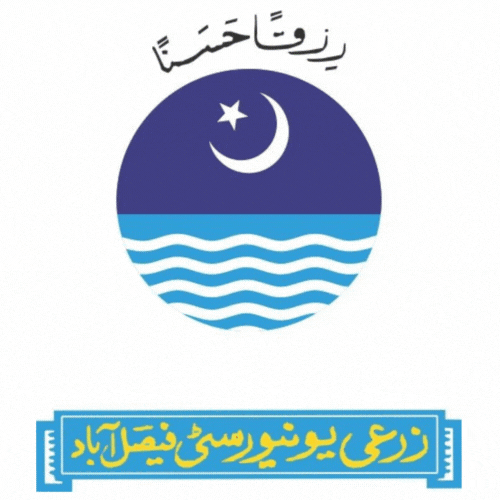
International Seminar on Precision Agriculture
Farmers in developing countries could take advantage of the emerging field of precision agriculture without needing the expensive technology usually associated with it, This was stated by Speakers at a conclusion of 2-day International Seminar on “Innovative Technologies, Precision Agriculture, water , Renewable Energy and Bio-system Modeling “Organized by Water Management Research Center University of Agriculture, Faisalabad on Sunday. Speakers included UAF Vice Chancellor Prof. Dr. Iqrar Ahmad khan, Canadian Scientists Dr. Qamar-Uz-Zaman , Dr. Tri Nguyen Quang, Prof. Dr. Muhammad Iqbal Dean Faculty of Agri. Engineering & Technology, Director WMRC UAF Prof. Dr. Allah Bakhsh, Dr. Anjum Munir, Dr. Syed Hamid Hussain Shah, Dr. Abdul Ghafoor, and Dr. Jahanzib Masood Cheema.VC UAF urged the scientists to introduce new innovative technological Agronomic packages for small farmers keeping in view to provide solution of their problems. He was of the view that Precision is the only way to reap maximum productivity by utilizing minimum resources by ensuring environment friendly measures as well. Dr. Khan said Crop yields could be improved by applying traditional knowledge to mirror precision techniques such as using the satellite Global Positioning System (GPS) to analyze farm land. geostatistical analyses of data from sensors both on land and from satellites are "becoming increasingly standard for all kinds of crop production and will be of crucial importance in the near future as the world faces increasing issues of food security " said by Prof Dr Qamar. He added that such data can be used to build a map of soil biochemistry, which can help farmers improve crop yields and resistance to disease. “The cost of technology, which can also include high-tech farming machinery, has so far kept precision farming methods mostly in developed nations, although emerging economies are taking it up”. He maintained. Dr. Allah Bakhsh said that smallholder farmers can instead applying their traditional knowledge. "By working on the same area for years, they can map the soil like GPS would do, knowing which corners are more or less productive, which are drier or wet .He added that manure can be separated in the best places, irrigation systems could be designed more targeted and seeds can be planted where the soil is more fertile. Dr Tri Nguyen Quang said that in the developing world, farming is more about knowledge, which is shared within the community, than expensive machinery. According to Him a first step towards combining traditional and precision agriculture should be education . He Maintained that Farmers should be helped to realize how much can be done by simply adjusting some of their usual practices, like watering or spreading manure on fields. He was of the view that Education on precision farming should be part of the aid programmes already in place, and cost would be minimal compared with expensive machinery. He said that main potential for the developing world and for emerging economies is large-scale change, which requires investment in technology. Dr M Iqbal Thanked the guests and participants.

